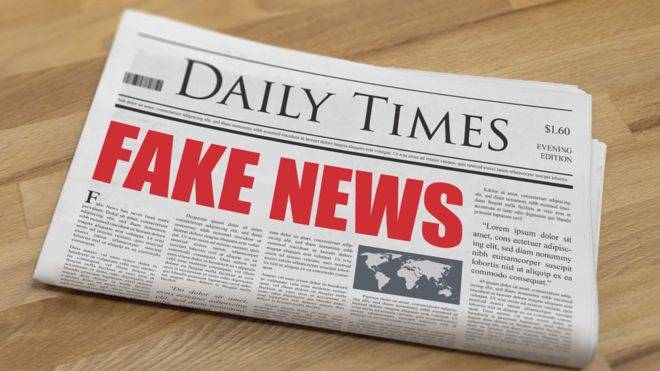The news is fake: In today’s political climate (Trumpism, Brexit, Danish Folk Party, etc…), there seems to fewer and fewer generally held facts. Each party seems to have their own version of facts that just magically support their opinions. If it confirms their beliefs than it is the truth. If it doesn’t than it is ‘fake news’.
But this tendency to only look for things that confirm your beliefs is not limited to politics. In fact, this is something that you can fall victim to every day. Whether at work, with friends, or with your family, you are more likely to pay attention to the things that confirm your beliefs. Our human brain likes things that fit into a pattern, so we will ignore contradictory information.
This flaw in our human brain is called the confirmation bias, and there are over 60 years of research showing its impact.
- People spend 36% more time reading on a topic they already agree with vs topics that challenge their beliefs.
- Purchasing trends on Amazon were researched, and people who supported Obama were only buying books that painted him in a good light. People that didn’t like Obama were only buying negative books.
- When presented with a simple math pattern, almost all of the participants will work to prove the pattern is true, and very few think about trying to disprove the pattern.
Say that you have an employee that you consider a high performer and future leader in the organization. You are more likely to remember the situations where the employee performed her best, and forget about all the times where she didn’t work well with the team or submitted less than stellar results.
The biggest risk of this bias is when you are making strategically important decisions. Imagine you are choosing between 2 strategic options, one which you prefer and one which you don’t. In this situation, you are significantly more likely to interpret any data to match your preference. We would like to think of our C-Level leaders as coldly logical and weighing all the different bits of data. But the reality is that they are most likely going to see the data they want to see.
So, what can we do about it… To begin with, start a mental practice of looking for disconfirming evidence. Be the devil’s advocate and try to prove your ideas untrue. By opening yourself up to contrary evidence, you will be able to make more holistic decisions.
When assessing an employee (recruitment, performance, talent, etc…) find the people that disagree with your opinions and figure out why. Listen to their stories and examples of how the employee measures up. Most importantly, don’t dismiss their examples. It is valid data and should go into your assessment.
When making strategic decisions, question the reports and data that is presented to you. Try and figure out the assumptions that went into the report. What did they put in and choose to leave out? Conduct a pre-mortem where you assume the idea will fail, and try to identify each reason it failed.
In the end, get over your own ego. The truth is far more important than being able to say “I was right…”.
If you liked this article – Follow us in LinkedIn or Facebook
Highlight and Tweet it – Get over your own ego and trying to be ‘right’. If you aren’t careful the confirmation bias will lead you to only see the data that supports your beliefs. You might believe there is ‘Fake News’ #cavemanthoughts #biasbreaker https://wp.me/p9toKb-3s

Leave a Reply